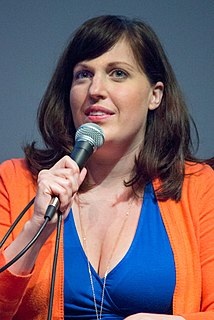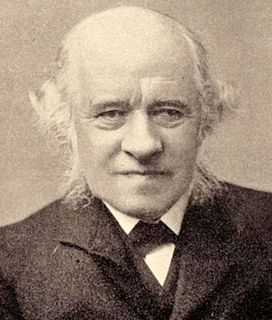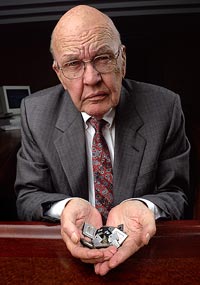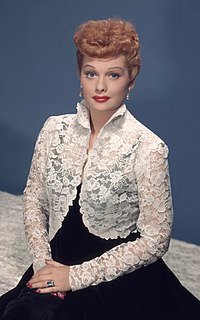A Quote by Doris Lessing
When I started, there were no big interviews, no television, no profiles and all that. The publishers were quite shockingly uncommercial, but they did look after their writers.
Quote Topics
Related Quotes
My parents were on the Grand Ole Opry. They traveled all over the country singing hillbilly music. That's what they called it back then. They were friends with Roy Acuff and the Delmore Brothers and the Carter Family. And all of my brothers and sisters who were older than me started on the show, after they were big enough to hold a guitar and sing.
When I first started making films 30 years ago, people would comment that I was a woman. But strangely, when I was in television, no one ever mentioned that I was a woman. Maybe it was because television and film were different. There were more women working in television than men. There was no split in terms of work - everyone was considered equal
When I started writing, the deal was that publishers gave you a grand or two as an advance to buy some sweets, with the promise that they would make a big putsch with your fourth book when you'd built up a bit of a following. But by the time my fourth book came out, previously unpublished authors were the new big thing.
We were always told we were one step behind Deep Purple, one step behind Led Zeppelin, one step behind everybody. Our manager didn't want to let us know how popular we were. It's only after we did Ozzfest that people started telling me stuff. I thought they were taking the piss. People would come up to me and go, "Respect."
Part of what motivated my writing was anger. I was angry that the daily misery of doctors, nurses, and patients was being trivialised into soap opera. We were made to feel bad because we were not perfect like our television counterparts. We were resentful that our patients did not get better as quickly as they did on telly - or at all.







































